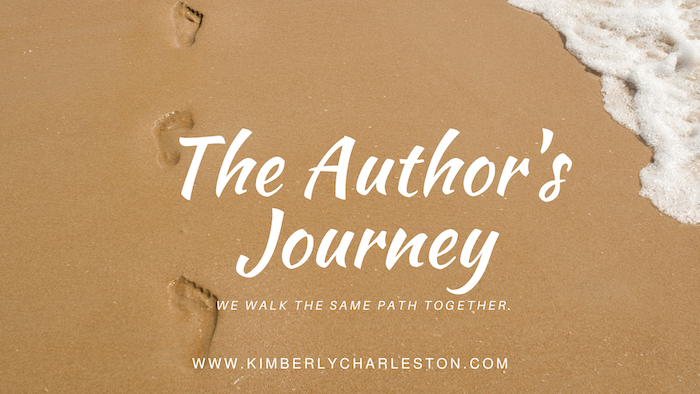Every author has a differing and uniquely personal approach to writing. But authors share one process in common—setting and achieving word count goals. Your writing goals are everything. It’s how you get the ideas out of your head and on to the page.
But it’s not just about word count.
Writing goals include pages completed, research conducted, edits finished, along with word count and other relevant steps to complete a book. My personal writing goals evolve around editing hours and word count. I try to write every day. Sometimes, the writing goals I’ve set for myself are met by writing blogs, marketing projects, letters, a synopsis, and my books. Of course, I also have hours I set aside for editing my work each week.
This is where things get interesting. I have seen, heard, and experienced many self-imposed blocks to achieving goals. It’s like that exam you need to study for, or that big project you need to complete, yet you look for any task or chore to distract yourself from what’s important. Many authors find themselves whiling away on plotting or social media, and that ‘storage closet’ which needs cleaning or ‘vintage record collection’ that needs alphabetizing—again. Every human under the sun has a few distracting projects to take us away from the most important one.
While some don’t enjoy the pressure of goals, most authors understand the importance of them for making marked progress and meeting deadlines. Here’s an approach from an author friend:
I do set goals. They are incredibly important. In fact, I have a folder where I’ve kept my goals since 2007. Back then my goals revolved around traditional publishing: query an agent, submit to a publisher, enter a contest, judge a contest, etc. Then in 2013, when I started self-publishing, my goals changed to those of an indie author. Goals are supposed to be specific, but mine mostly consist of the books I plan to write.
For example, in 2021, my goals involved revising and rebranding a series and writing another book for it. At the end of a year, I look back at my goals to see what I’ve accomplished. In 2022 when I went through chemotherapy, I only made one of my two goals. I don’t beat myself up about it. I celebrate that I’m still writing, still doing what makes me happy. – Jan Scarbrough, best-selling author of the Dawsons of Montana series.
The most important takeaway here is setting goals. You don’t have to make them too big, but set something small and doable, yet with a little stretch. Maybe writing ten minutes a day, reading one book a month, or journaling three times a week. If you want to build your writing and reading skills, you need to hold yourself accountable. And if you want to be a best-selling author, “Read, write, and read some more” should be part of your daily mantra.
